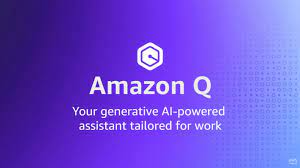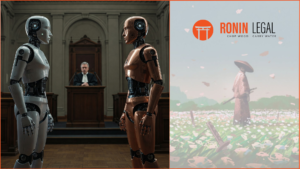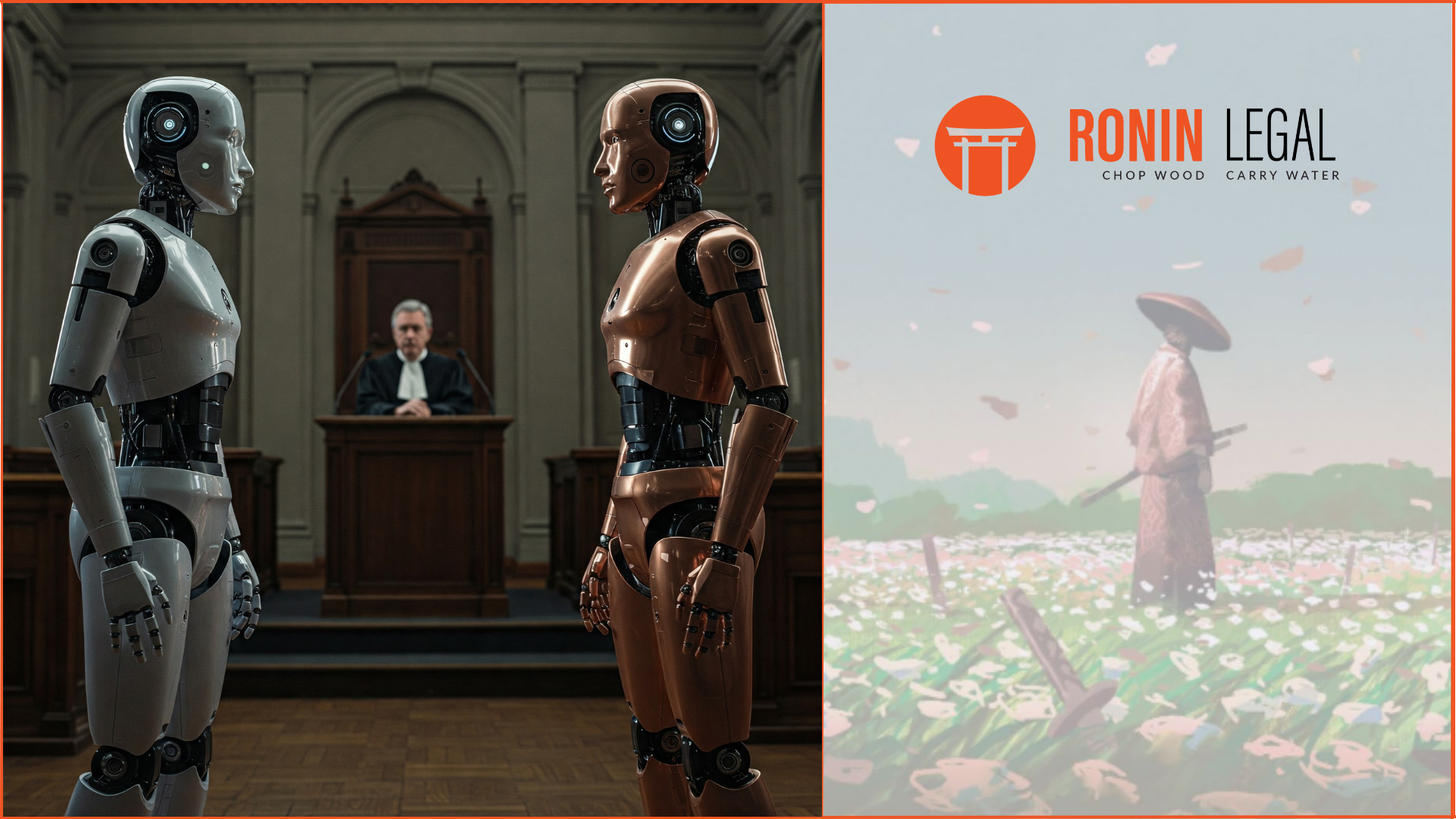Here’s what you’ll find in this fortnight’s AI update:
- Microsoft joins OpenAI’s board with Sam Altman officially back as CEO
- Amazon becomes the latest tech company to announce its AI chatbot
- UK proposes Legislation on AI Regulation: Proposed AI Authority takes center stage in landmark Bill
- Advancements on the EU AI Act
- AI Scrutiny: The Italian Data Protection Authority (Garante) launches probe into online data collection
- CPPA releases Draft Regulations under CCPA for Consumer Rights in Automated Decision-making Technology
MICROSOFT JOINS OPENAI’S BOARD WITH SAM ALTMAN OFFICIALLY BACK AS CEO

On November 29, after a tumultuous week, OpenAI made an announcement regarding its revised leadership team. Sam Altman was reinstated as the CEO, Mira Murati assumed the role of CTO, and Greg Brockman returned as President. Additionally, Microsoft has been granted a non-voting observer seat on the nonprofit board that oversees OpenAI, as revealed by the company on Wednesday. With three of the four board members responsible for the abrupt dismissal of Altman no longer in their positions, the new OpenAI board is now composed of chair Bret Taylor, Larry Summers, and Adam D’Angelo—the sole remaining member from the previous board.
AMAZON BECOMES THE LATEST TECH COMPANY TO ANNOUNCE ITS AI CHATBOT

On November 28, Amazon announced its latest AI chatbot, ‘Q’, at the annual cloud computing conference in Las Vegas. Q is designed to enhance productivity by assisting workers in summarizing documents and support tickets, as well as facilitating communication via apps like Slack. Amazon also pledged to shield companies from potential copyright issues related to the bot’s usage. Additionally, Amazon Web Services CEO, Adam Selipsky, unveiled a new protective measure against objectionable content in generative AI applications, named Guardrails for Bedrock, enabling users to filter out harmful content.
UK PROPOSES LEGISLATION ON AI REGULATION: PROPOSED AI AUTHORITY TAKES CENTER STAGE IN LANDMARK BILL
On November 22, the UK Parliament’s House of Lords introduced the Artificial Intelligence (Regulation) Bill. This legislation aims to regulate AI, proposing the establishment of an “AI Authority” to coordinate regulatory efforts, review relevant legislation, and accredit independent AI auditors. The Bill also places obligations on the Secretary of State for further regulations, covering aspects like designating an AI officer and ensuring transparency in supplying AI products. Currently, the Bill is at the Second Reading stage after passing the First Reading.
ADVANCEMENTS ON THE EU AI ACT
On November 21, France, Germany, and Italy reached a consensus on AI regulation, as revealed in a joint paper obtained by Reuters. The agreement focuses on challenging binding regulations and advocating for codes of conduct instead. The document underscores the necessity for developers of foundational models to define model cards for machine learning information. Subsequently, the EU Commission has proposed horizontal rules for all General Purpose AI (GPAI) models, prompting the EU Parliament to advocate for more rigorous controls. As the conclusion of the Spanish presidency approaches, optimism persists for the finalization of the AI Act by year-end. The principal concern continues to revolve around the regulation of foundational models, like OpenAI’s GPT-4.
AI SCRUTINY: THE ITALIAN DATA PROTECTION AUTHORITY (GARANTE) LAUNCHES PROBE INTO ONLINE DATA COLLECTION
On November 22, the Italian Data Protection Authority (Garante) initiated an inquiry into websites, examining the implementation of security measures against extensive personal data collection by AI systems. This underscores the increasing threat to personal data from unregulated AI expansion. Large language models, crucial for AI, extensively process data, some of which may be of personal nature. Implementing technical measures, such as restricting data collection by AI “spiders”, is crucial. The Garante’s investigation seeks insights to bolster security against widespread data collection on websites.
CPPA RELEASES DRAFT REGULATIONS UNDER CCPA FOR CONSUMER RIGHTS IN AUTOMATED DECISION-MAKING TECHNOLOGY
On November 27, the California Privacy Protection Agency (CPPA) released Draft Automated Decision-making Technology Regulations under the California Consumer Privacy Act (CCPA) pertaining to consumer access and opt-out rights concerning Automated Decision-making Technology (ADMT). This marks an early stride in U.S. AI regulation. However, the CPPA has yet to commence formal rulemaking for cybersecurity audits, risk assessments, or automated decision-making technology, as indicated in the Draft Regulations. Following public comment and notice, the released Draft text aims to facilitate board discussions and public engagement, remaining subject to potential modifications. Certain sections of the Draft Regulations are designated for board discussion. These Draft Regulations are scheduled for deliberation at the upcoming CPPA board meeting on December 8, 2023.
Authors: Saumya James, Shruti Gupta, Shantanu Mukherjee














